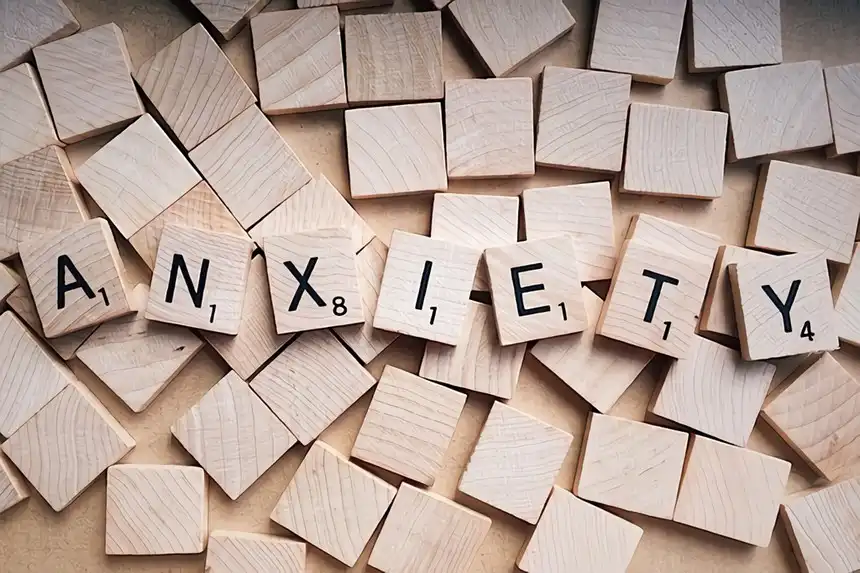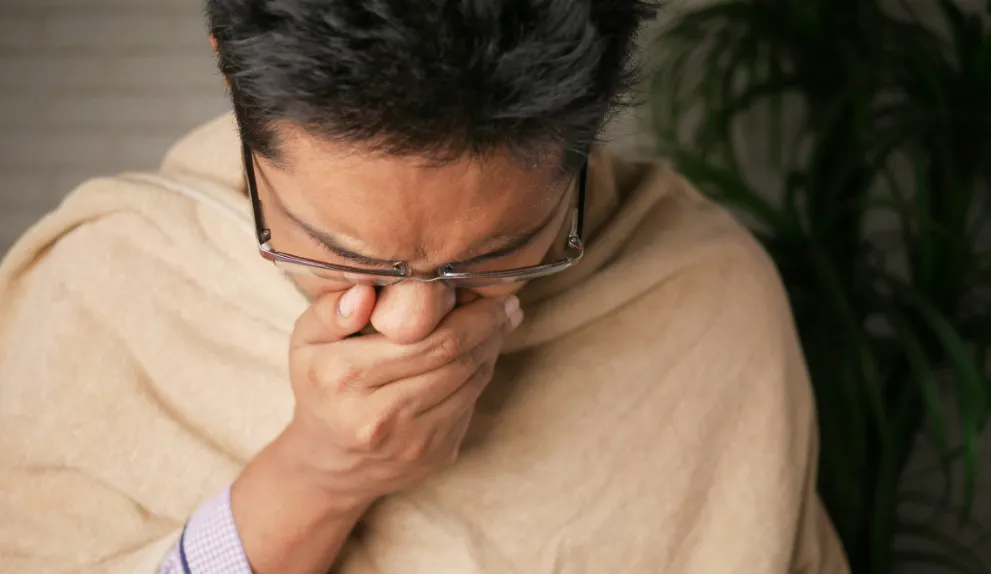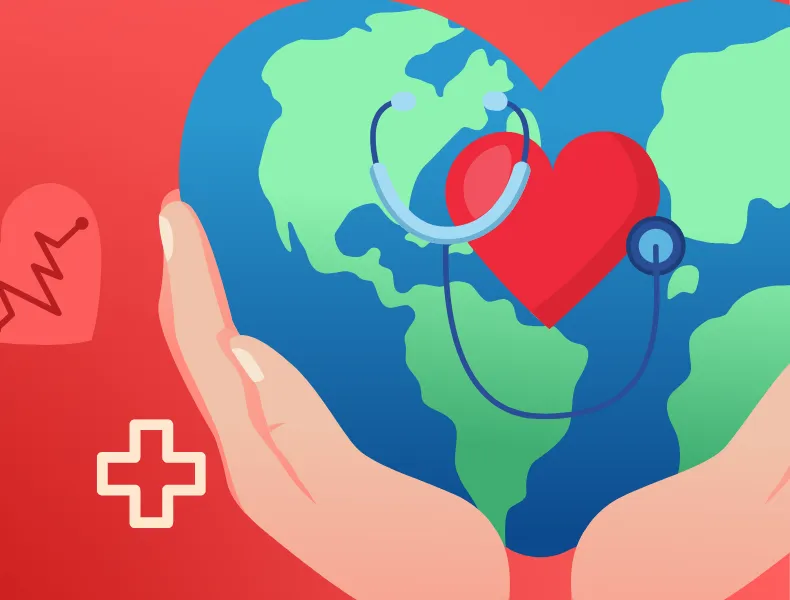The quality of your mental health is a critical component of your overall well-being: It impacts your mood, shapes your outlook on life, and even influences your physical health.
Everyone experiences anxiety from time to time, but for those with anxiety disorders, it can become intertwined with daily life.
Fortunately, there are ways to limit anxiety so you can take your life back. Read on to learn about some anxiety disorders and find out how to cope with them.
Types of Anxiety Disorders
People often use terms like "anxiety" and "depression" to refer to any bout of nervousness or sadness. The reality is that anxiety disorders are much different from the occasional anxiety that an otherwise healthy person feels.
Anxiety has different ways of manifesting in people, and it can come from different sources. Here are some of the most common types of anxiety disorders:
Social Anxiety Disorder
One of the most common types of anxiety, social anxiety disorder is the phobia of social settings. Those with this anxiety disorder are especially self-conscious and fear being judged or embarrassed. This fear leads them to avoid social situations, which can worsen the condition.
Panic Disorder
Those who suffer from panic disorder experience panic attacks, or episodes of intense fear that can come on with or without a trigger. Episodes are usually brief and may include symptoms like chest pains, sweating, and hyperventilating. Panic disorder can be especially frustrating because of the nagging worry of having another attack in the future.
Generalized Anxiety Disorder
Whereas other types of anxiety occur in episodes, generalized anxiety disorder (GAD) is more of a constant state. Often, there are no clear triggers. People with GAD tend to expect the worst, and it's the unrealistic and out-of-proportion worries that in turn cause anxiety.
Obsessive-Compulsive Disorder
Unlike being neat or tidy, having obsessive-compulsive disorder (OCD) means having obsessive thoughts that lead to compulsive behaviors. Those with OCD may wash their hands excessively or feel the need to have things arranged in a specific way; these are examples of compulsions.
Getting a Diagnosis
Once you find a qualified mental health professional, you'll go through a standard set of steps to determine if you have an anxiety disorder.
- Psychological evaluation.
- Physical evaluation.
- Specific psychological exams.
- Development of a treatment plan.
If your doctor diagnoses you with an anxiety disorder, medication may be part of your treatment plan. Use RxLess to buy your prescription medications at discount prices.
Treatments for Anxiety Disorders
Although anxiety can be crippling, there are steps you can take to control it. Medications and therapy are often used in conjunction to successfully treat each of the above types of anxiety disorders.
Medications
The type of medication you take depends on more than just your diagnosis. Your doctor will consider factors like other medications you're taking, preexisting health conditions, and possible side effects when deciding which anxiety medication is appropriate.
- Benzodiazepines are fast-acting sedatives that activate the brain chemical GABA, which can limit the symptoms of anxiety. Benzodiazepines are most effective for acute anxiety episodes like panic attacks. Ex. Xanax, Ativan, Valium, Klonopin.
- Selective serotonin reuptake inhibitors (SSRIs) are antidepressants that make serotonin more available in the brain, helping to control more consistent anxiety. They're meant for long-term use and are commonly the first-line defense for anxiety and depression. Ex. Celexa, Lexapro, Zoloft, Prozac.
- Serotonin-norepinephrine reuptake inhibitors are like SSRIs, except they amplify both serotonin and norepinephrine. This can help with your energy and attention in addition to anxiety and bipolar disorder. Ex. Effexor, Cymbalta, Pristiq.
- Antihistamines aren't typically associated with anxiety, but they can be effective in treatment. They impact histamines and serotonin, which can make you drowsy but regulate your mood. Ex. Vistaril.
Therapy
Conquering anxiety requires active participation. In addition to taking your medication, undergoing therapy can have a significant impact on the effectiveness of your treatment. These are some of the most commonly used therapies for anxiety:
- Cognitive behavioral therapy (CBT).
- Psychoanalytic therapy.
- Exposure therapy.
- Yoga, meditation, and mindfulness.
Are you experiencing anxiety or suffering from a sleep disorder? Don't overpay for your prescriptions. Contact RxLess to enjoy discount prices on anxiety medications like alprazolam and escitalopram.

















